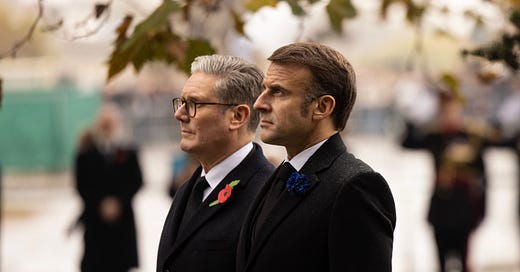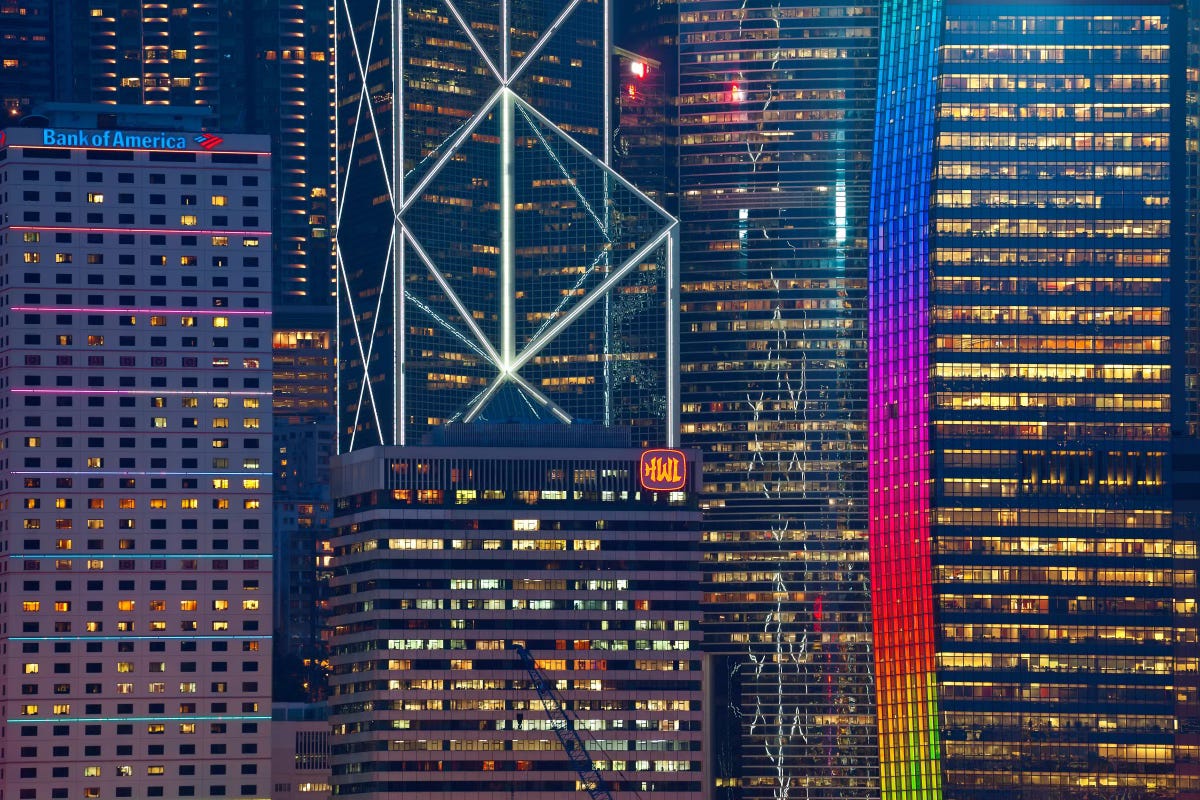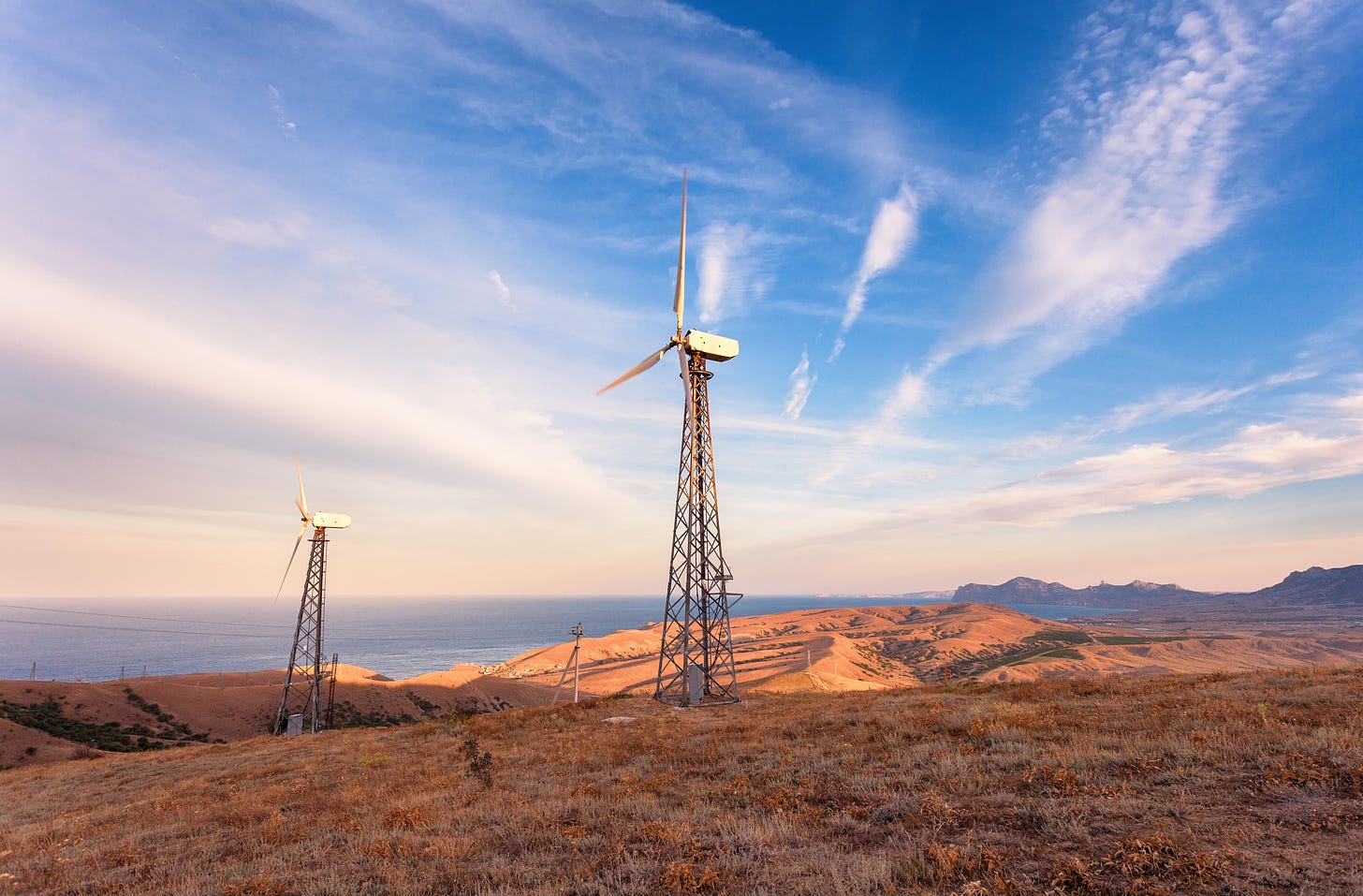Starmer meets with a fading Macron as Trump intensifies Europe's woes
The pair strategised how to place Ukraine “in the strongest possible position going into the winter”. A clear nod to the potentially cataclysmic return of Donald Trump.
Grey rain clouds fitted the solemn mood of Armistice day as Keir Starmer and Emmanuel Macron paid their respects to the Entente’s fallen heroes and emphasised their national solidarity, amid political turmoil, economic stagnation, and war in Europe.
Starmer’s Paris visit today marks the first from a British leader on Armistice day since Winston Churchill’s wartime voyage to the liberated city in 1944. The PM kept with tradition, ceremoniously laying wreaths and relighting the flame of the unknown soldier beside his French counterpart.
The visit also commemorates 120 years of the Entente Cordiale, which strengthened the British-French bilateral bond as they faced the burgeoning menace of Imperial Germany.
Once again, there is a war in Europe. Some 1500 miles to the east of the ceremony, Ukrainian soldiers were risking their lives to defend their nation’s freedom, as western leaders commemorated those who lost their lives over a century ago while engaged in a similar fight.
Today, Macron and Starmer acknowledged this and pledged to “support Ukraine unwaveringly and for as long as necessary to thwart Russia's war of aggression”. An additional statement from Downing Street said the pair strategised how to place Ukraine “in the strongest possible position going into the winter”. A clear nod to the potentially cataclysmic return of Donald Trump come January.
Starmer’s symbolic visit follows a deliberate pattern aimed at bolstering rapport with French and European allies. Following his visit to France in August, Starmer was lauded by the nation’s diplomats as “impressive”, as Macron anticipated the "reset" in UK-EU relations being promised under a Labour government. Starmer's calls for closer co-operation with Brussels have also welcomed by Germany’s Olaf Scholz, a fellow centre-left leader.
While Starmer is making good with Europe’s leaders of today, the positive impact of his efforts could prove short-lived. Macron is presiding over a nation in a political crisis. His alliance with the French centre-right is delicate at best, and has been strained by Prime Minister Michel Barnier's contentious budget. Meanwhile, France's hard-right and hard-left are emboldened by their summer gains.
Recent polling places Macron's approval rating at 17%, a new low for the already unpopular leader. While he may continue to rule as President without a parliament behind him until 2027, opponents are making bets on his resignation as early as 2025. Once an ally of Macron, former French PM Edouard Philippe has declared his intentions to challenge the incumbent and hinted at an imminent election.
Germany, the country that used to power the so-called "engine" of Europe alongside France, fares even worse. Olaf Scholz’s governing coalition fell apart last week and a vote of confidence has been planned before 2025. A snap parliamentary election early in the winter is a near certainty now, and Scholz’s party is poised for a devastating defeat.
While Starmer’s been busy courting the fading stars of western Europe, the true power may soon lie in the East. Poland has broken from the stagnation cycle plaguing its neighbours to the West and is expected to achieve over 3 per cent GDP growth in 2024. In addition, the nation is a rising industrial powerhouse with a rapidly growing advanced export sector. Warsaw has also dedicated considerably more per capita to the defence of Ukraine than other European nations, and has served as a critical supply line to Ukraine.
Yet, despite its rising importance, Poland was snubbed by the Berlin meeting of “the Quad” last month - a move the country's foreign office criticised as “a mistake”. Relations between Warsaw and Germany’s Scholz have been especially frosty since the hasty border closure enforced on Poland early this fall, and the two have rarely seen eye-to-eye on weapons packages for Ukraine.
If Starmer is serious about forging crucial European alliances for the future, he shouldn’t focus all his attention on courting Macron and Scholz. Forging closer ties with Poland's Donald Tusk may well prove a wiser long-term investment.
Josh Schlicht
Reaction Reporter
ALSO ON REACTION
Ian Stewart
A fortnight of big economic events in London, Washington and Beijing
Iain Martin
Get ready for Trump II upending British politics
Giga Watt
Dunkleflaute: why Miliband and climate sceptics are both wrong
ALSO KNOW
COP29 begins in Baku - British Prime Minister, Keir Starmer, has arrived in the Azerbaijani capital for the annual, international summit on addressing the threat of climate change, which runs from 11 to 22 November. For delegates from the nearly 200 countries gathered in Baku this year, a key conference topic will be securing $100 billion annually to help developing countries mitigate the impact of climate change and transition from fossil fuels.
Justin Welby: The Archbishop of Canterbury is facing pressure from within the Church of England to resign following an independent report that found the Church had covered up "abhorrent" abuse at the hands of the late John Smyth QC. Today, the Bishop of Newcastle, Helen-Ann Hartley, became the most senior member of the Church to call for Welby’s immediate resignation. The report finds that Smyth’s abuse spanned more than five decades, subjecting over 130 young boys and men to "traumatic physical, sexual, psychological, and spiritual attack”. The inquiry also finds that Justin Welby had been presented with the details of the abuse in 2013 but did not report it to the authorities. The Archbishop of Canterbury responded to the news, acknowledging that he had failed to “ensure that, after disclosure in 2013, the awful tragedy was energetically investigated”.
Trump appointments: Following the appointment of Susie Wiles as White House Chief of Staff, Donald Trump has continued to announce his picks for key administrative positions. The President-Elect has named former ICE director Tom Homan as the nation’s “border czar”. An immigration hardliner, Homan has been described as the “intellectual father” of the previous Trump administration’s family separation policy. Additionally, Trump has announced the appointment of New York Congresswoman Elise Stefanik as ambassador to the UN and is reportedly set to name Stephen Miller as White House deputy chief of Staff for policy. These announcements follow Trump’s statement that he would not bring Nikki Haley and Mike Pompeo back to his cabinet.
Middle East Updates: Israel’s newly appointed foreign minister Gideon Saar stated this morning that “progress” had been made regarding a ceasefire with Lebanon; Mohammad Afif, the head of Hezbollah’s media office, however, said that “nothing official has reached Lebanon or us in this regard”. This comes after the IDF issued more evacuation orders for residents within Southern Lebanon this afternoon.
Post office inquiry: Kemi Badenoch appeared at today’s Post Office inquiry to answer questions regarding her dealings with former Post Office chair Henry Staunton during her time as business secretary. The Leader of the Opposition admitted that ITV’s drama “brought the urgency" to speed up compensation pay-outs for sub-postmasters, before hitting out at the Civil Service for providing her with “vanilla updates” regarding the matter. Finally, Badenoch criticised “the burden of regulation” and the “government machine” in delaying financial compensation for sub-postmasters.
FIVE THINGS
Curated by the Reaction team - Dorian Bovay
The only thing worse than talking to Joe Rogan is not talking to him, writes Kaitlyn Tiffany in The Atlantic
Kremlin-occupied Ukraine is now a totalitarian hell, writes The Economist
Donald Trump is right. There is a "swamp", but it's the Left that must drain it, writes Peter Hyman in The New Statesman
Protesters shut down Tel Aviv again, reports Lisa Goldman in New Lines Magazine
Kori Schake in Foreign Affairs on the national security imperative for a Trump Presidency.
REACTION is a reader-supported publication. To receive new posts and support my work, consider becoming a free or paid subscriber.








